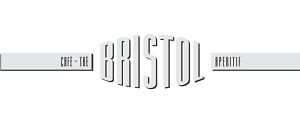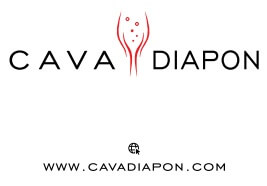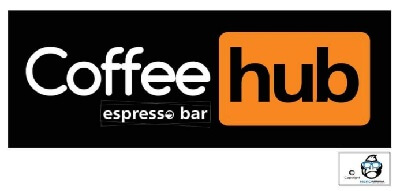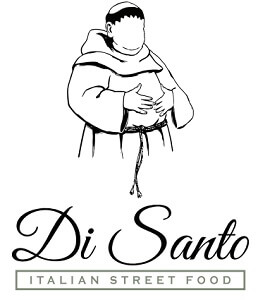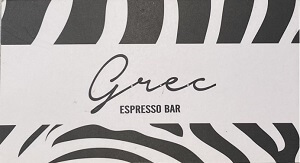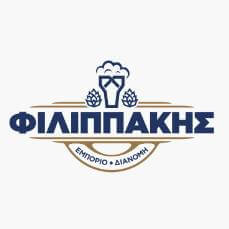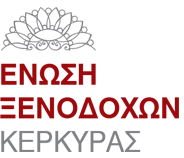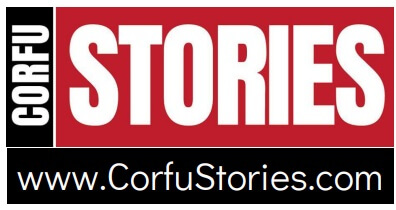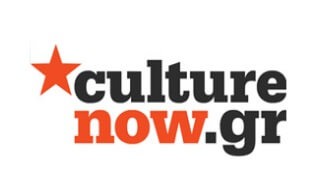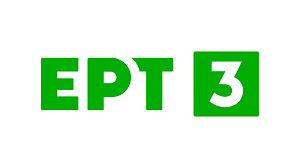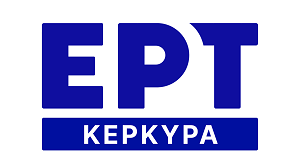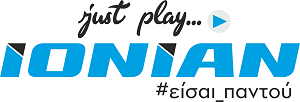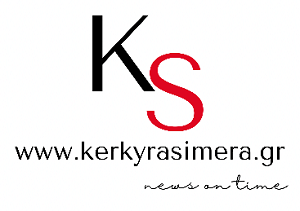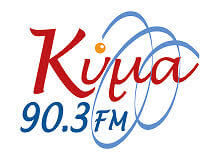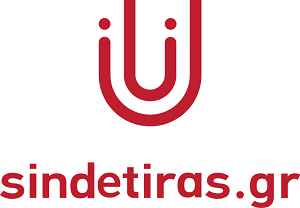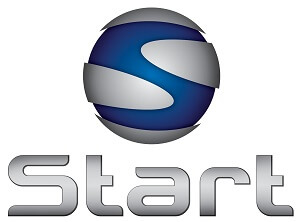Experimental music practices using turntables and records have been evident since the 1930s. The new, at the time, medium presented a plethora of potential both in the form of its recording capabilities and its intrinsic properties. Although, the introduction of the magnetic tape as a creative tool and more importantly the digital media, ostensibly rendered the LP record obsolete, recently we’ve witnessed a resurgence of experimental turntablism. As a post-digital tendency, a number of new musicians are moving away from the computer based live-electronics paradigm, seeking to restore the physicality in electronic music performance. The turntable as a playback device-turned-instrument, has always been fertile ground for experimentation, both in the performative aspect and in various hardware expansions, modifications and tweaks. The practice-based research of the author will serve as a starting point, to investigate the turntable as an augmented instrument consisting of a collection of “low” and “high” technologies, a post-digital assemblage of interchangeable and intercorrelated parts rather than a singular object.
This paper will present the “Augmented Turntable” a hybrid instrument-system consisting of a turntable, a MIDI controller and a live-expanded, stochastic, sampling system in the form of a Max/MSP patch. The patch consists of 6 independent modules of stochastic, non-linear playback samplers, that are able to record the turntable’s output in real-time. The system eliminates the need for a computer screen interface, providing all necessary visual feedback through custom RGB LED mappings on the MIDI controller’s rotary encoders and buttons. Thus, the computer functionally becomes an unobtrusive DSP unit and the performer’s attention can be focused on the physicality of the hardware. The MIDI controller also provides a horizontal fader mapped as a crossfader that cuts between the turntable and the sampler, making the controller an autonomous unit, that serves both as a mixer and a second sound-source. The setup can be perceived as an expanded and compact version of the typical 2 turntables, 1 mixer DJ setup.
More, I’ll be discussing a number of auxiliary modifications and techniques that further “crack” the normal operation of the playback system, namely: MOCM’s “T.LOOPER” (turntable-looper modification), modified cartridges, prepared records and other surfaces that can be used on the turntable’s platter. This collection of sophisticated digital systems, crude mechanical tweaks and junk records forms a complex system, that functions both as an augmented instrument and a cracked-medium on the verge of collapse.
The paper will zero in on the complex interactions and unpredictability of such system and how these properties give a sense of perceived agency to the instrument. Furthermore, we will investigate the shift of the performer when dealing with such a system. Rather than just playing the instrument, the performer must actively listen, feel, evaluate, improvise and react to the unpredictable nature of the system in real-time, creating a sort of feedback network between the different parts of the in flux instrument and the player.
The paper presents a brief overview of my practice-based artistic research of experimental turntablism. Through analysis of the “Augmented Turntable”, we’ve demonstrated ways on how the turntable can function as a musical instrument and further be expanded with the use of digital technology, mechanical modifications . The complexity of the system, provides the performer with unique and unpredictable interactions. The “Augmented Turntable” as a post-digital amalgamation of new and old technologies, presents new opportunities for sound experimentation and hardware hacking, challenging the notion of a linear music technology.
Back
SPONSORS
 Agora Restaurant Grill House
Agora Restaurant Grill House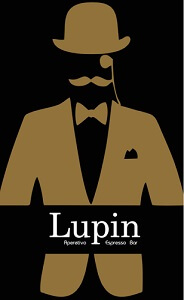 Lupin Aperitivo Espresso Bar
Lupin Aperitivo Espresso Bar

